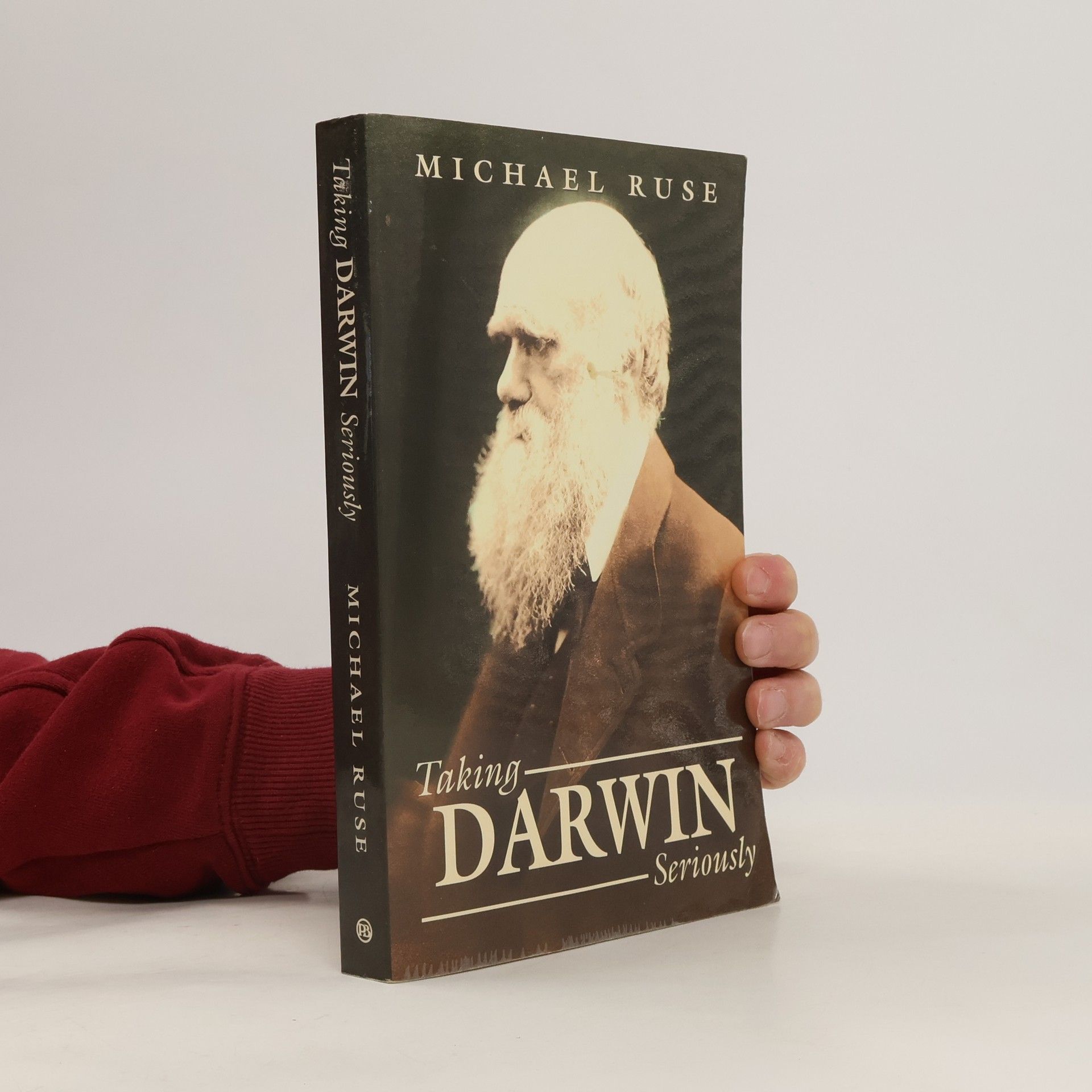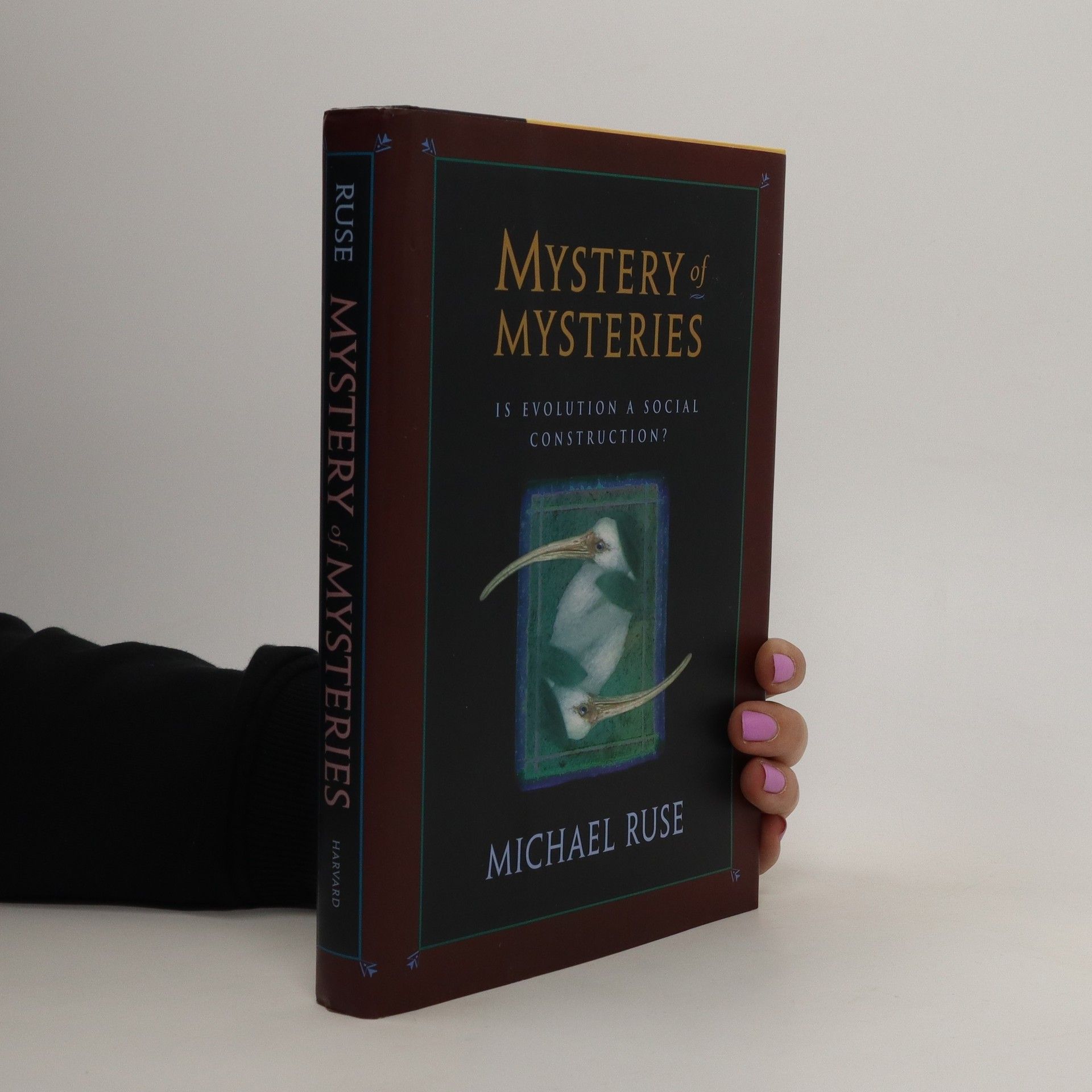La homosexualidad
- 316 páginas
- 12 horas de lectura
La homosexualidad parece haber cobrado un caracter obsesivo en nuestra epoca. Los homosexuales luchan por su derecho a ser respetados y a disfrutar de la misma libertad y las mismas oportunidades que los demas miembros de la sociedad. El objeto de este libro es llevar a cabo un minucioso analisis filosofico de la cuestion homosexual que, desentendiendose de la emocion y de la retorica, llegue a desvelar sus supuestos basicos.





